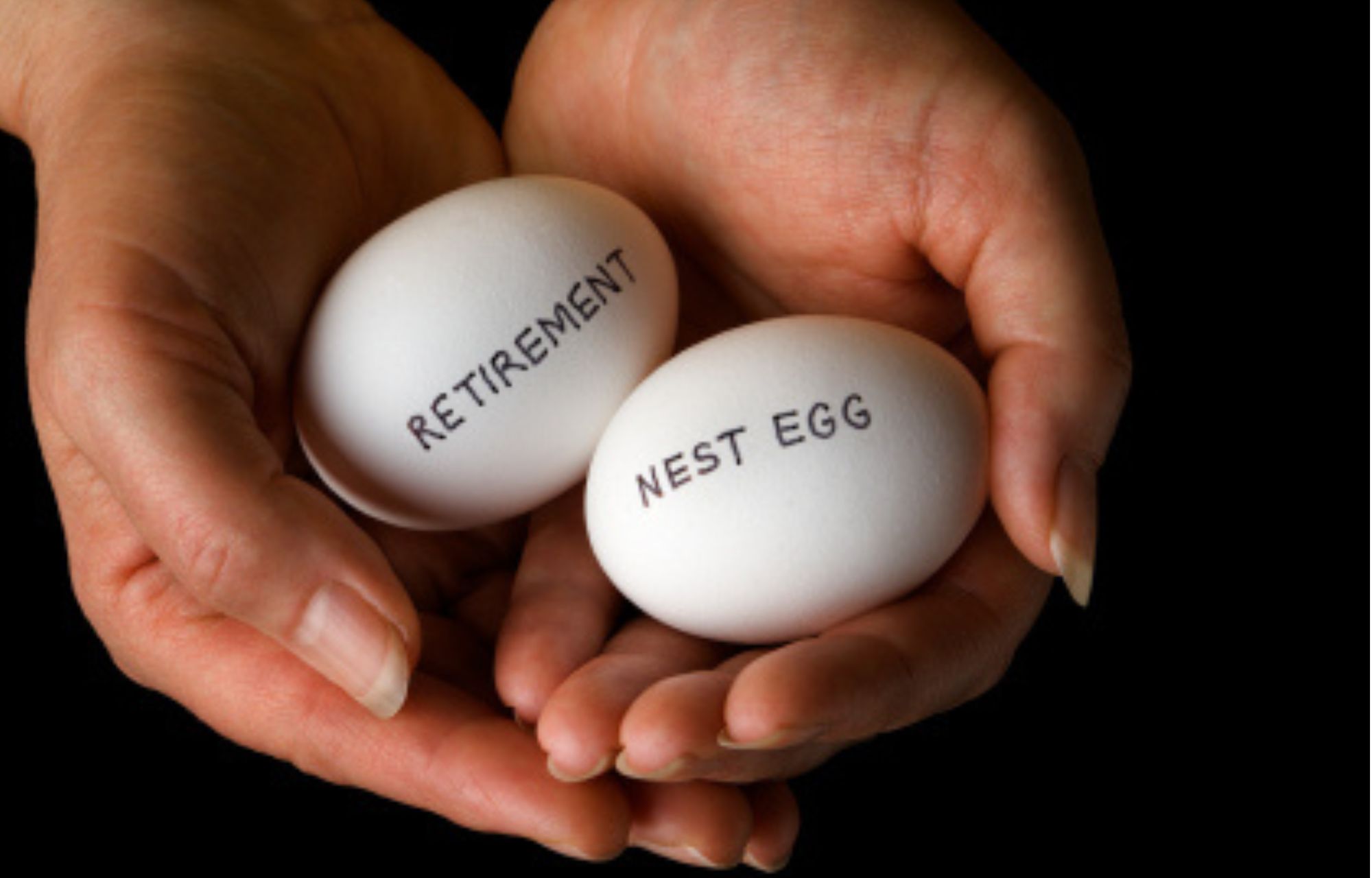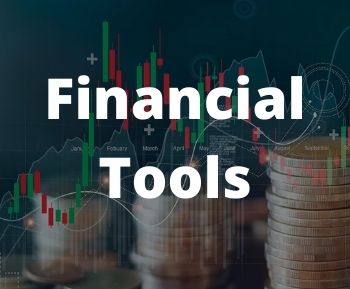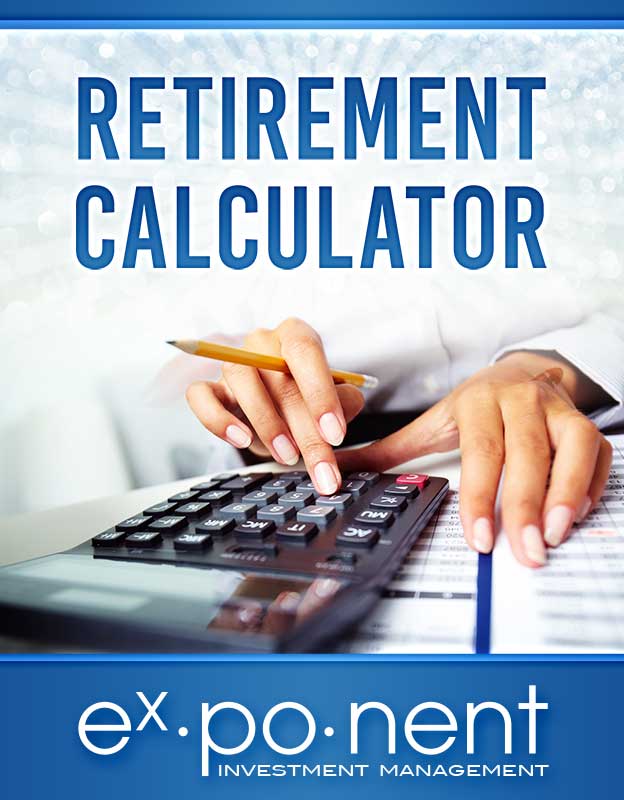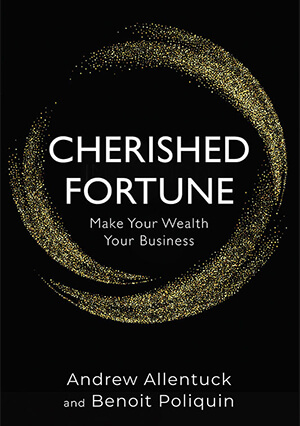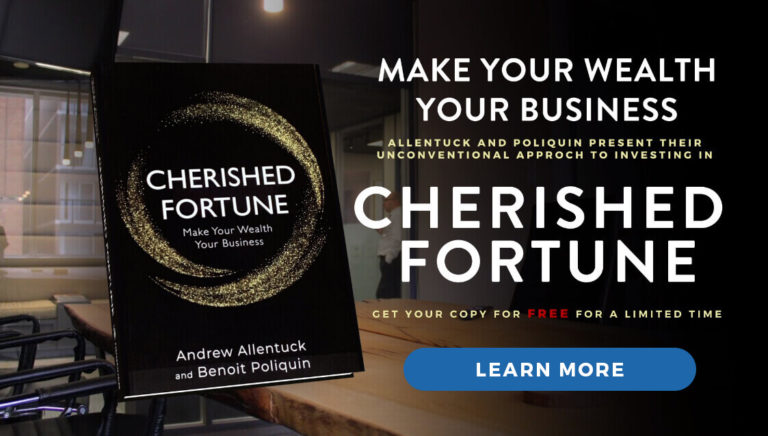A long overdue adjustment in interest rates brought about by the onset of inflation has finally helped Portfolio Managers separate the waters between two words – Risk vs Volatility. These two words are frequently and incorrectly used interchangeably; however, they are really two completely different concepts.
Skilled wealth managers and astute financial planners understand that risk should be the main focus. They know there are an assortment of tools and means available to both engineer a suitable investment portfolio as the driver of outcomes, and form the foundation upon which to successfully participate in advancing markets. One critical piece they take into account is how elements of a portfolio interact with each other in various market scenarios in order to manage market risks. This risk management focus mitigates the wild swings of the market especially like we experienced in 2022 . Such swings can be quick and fierce in nature. This is actually volatility which should not be confused with risk.

So, let’s back it up a step. If we focus on current headlines, the average individual appears to be more concerned with their standard of living which is decreasing at an alarming rate. The “risk” here is the noticeable spread between “cost of living” increases and their “savings/nest egg” or the ability to replenish and sustain those reserves. As a financial professional, it’s always been my preference to identify risk as a critical consideration and undertake steps to mitigate accordingly. To begin conversations on market volatility is somewhat useless as it involves crystal-balling which misses the point entirely.
Let me provide an example. When a customer walks into a car dealership to purchase their next car, they usually know what “type” of car they want based on a personal set of choices that dovetail with their lifestyle and expectations. Safety is a huge consideration. Buyers do not ask the sales advisor for their weather forecast for the coming winter in making their decision on which car to purchase. They want to know vehicle manufacturers have ensured drivers will be as safe as possible from the risk of accidents and well-equipped to address or minimize the weather hazards and driving conditions of a typical Canadian winter.
For far too long now, easy money has lulled consumers into becoming extended borrowers. People take for granted the convenience of credit cards and ignore the consequences of over-spending. This is now causing huge pressures on households as rates rise and many are reigning in their future spending. Many economists quoted by the popular press are predicting a recession in the not so distant future.
Yet when things appear grim, it can often be the best time to embrace opportunities. Always remember smart investors do not accumulate assets at top dollar prices. Retail investors are dumping technology stocks because the NASDAQ is down 30%??? Does anyone out there really believe technology is dead?
Announcements and speeches that hint at potential earnings from various companies can trigger dangerous volatility. As I explained above, the situation is similar to vehicle purchases: when you’re driving that new car and freezing rain or heavy snow begins, it’s not easy but you’ve planned ahead. You have a 4-wheel drive, winter tires, a decent defrosting system and drive smart; you have thought this through with your advisor and enacted your “risk mitigation” plan that provides a critical measure of safety.
As with financial investing, you can work with an advisor to improve the likelihood of a better outcome vis-a- vis shorter term bumps that we all must go through until the better weather/times arrive. In the meantime, be smart and seek out those who can construct an integrated approach for you. While it might be tough shopping as a consumer, there are many available assets within the market that will contribute positively to your portfolio(s).
We are available to consult at no cost to any investor on how to engineer solid portfolios for these challenging times.
“Risk comes from not knowing what you are doing.”
Warren Buffet

